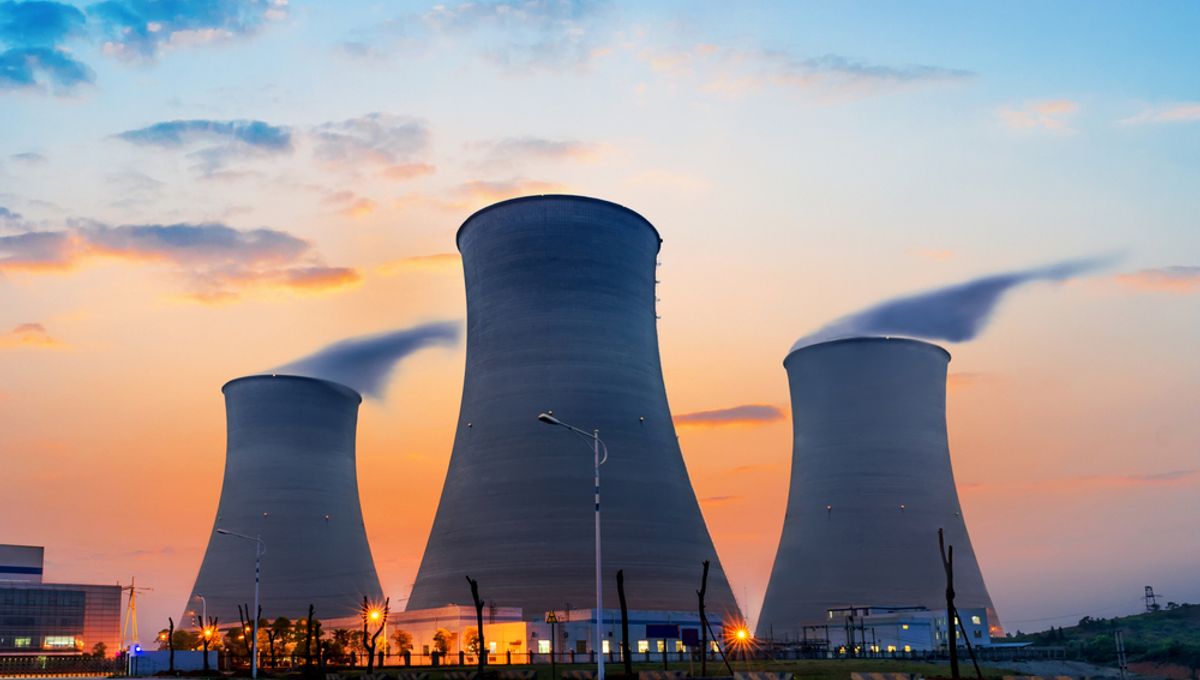
Japan is looking to fire up its use of nuclear energy once again, marking a major change of heart from the previous decade that formed in the wake of the Fukushima meltdown in 2011.
Back in November, Japan said it will look into keeping some nuclear reactors operating beyond the current 60-year limit and develop next-generation reactors to replace them, Associated Press reports. Some parts of the government are even pushing to build new nuclear power plants.
Just last week, the new suggestion was reportedly given the green light from Japan’s nuclear watchdog, providing the clearest indication yet that the Japanese government is changing its stance on nuclear power.
All of this comes off the back of the pressures that many countries are facing, primarily the global energy crisis and the urgent need to phase out fossil fuels.
Although nuclear power does come with its own environmental issues, it can generate vast amounts of energy while producing relatively little carbon emissions compared to fossil fuels. As such, studies have shown how nuclear energy could become crucial in achieving the target of zero emissions by mid-century and staving off the worst of the climate crisis.
It’s also evident that Japan relies heavily on the global energy markets, importing about 90 percent of its energy from elsewhere.
However, the tragic legacy of the Fukushima nuclear disaster remains strong in Japan. On March 11, 2011, an earthquake and a 15-meter (49-foot) tsunami stuck three reactors at the sea-side nuclear power plant in northeastern Japan, sparking a catastrophic series of meltdowns.
Due to the harmful radioactive isotopes that were spewed into the surrounding environment, nearly 160,000 residents were evacuated and Japanese authorities implemented a 30-kilometer (over 18-mile) exclusion zone around the power plant.
In the following years, Japan’s nuclear energy industry almost ground to a standstill with authorities suspending operations at 46 of the country’s 50 operational power reactors. Nuclear power accounted for about a third of Japan’s energy consumption prior to Fukushima, but it had fallen to around 7 percent by 2019.
Much of this decline was driven by strong public opposition to nuclear energy. In the 2010s, a prominent anti-nuclear movement sprung up in Japan and thousands took part in street protests asking the government to not return to atomic power.
Over a decade has now passed since the disaster. Some strong resistance to nuclear energy still exists, but attitudes among the wider population have eased. When it comes to managing the energy woes of the 2020s, it looks like Japan is going to have to somehow balance the scars of the past with the new challenges the world faces.
Source Link: Still In The Shadow Of Fukushima, Japan May Return To Nuclear Energy